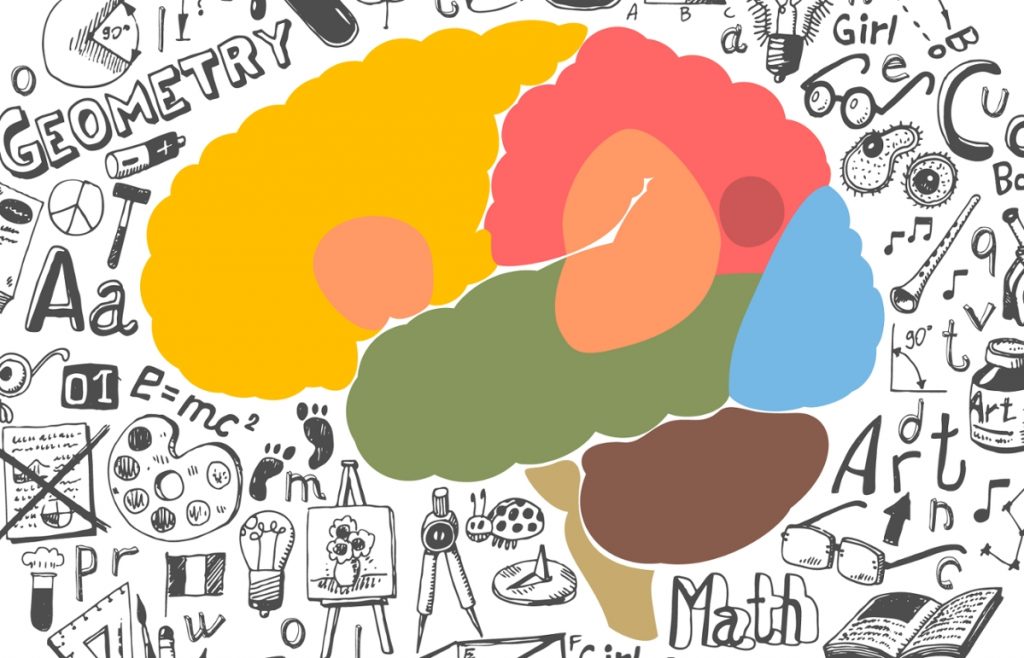Education & Career Trends: April 22, 2023
Curated by the Knowledge Team of ICS Career GPS

- Excerpts are taken from an article published on psychologytoday.com
Innovate, pivot, and adapt. These characteristics are frequently linked to great leaders, entrepreneurs, and innovators—not bumblebees, rats, ravens, rhesus macaques, and chimpanzees (to name just a few). However, they are all connected by an attribute known as cognitive flexibility.
Despite this similarity, there is one significant distinction. Compared to humans, a greater number of members of those species appear to have a surplus of cognitive flexibility. Let’s first define cognitive flexibility, show how other species display this behaviour, and suggest why exhibiting this behaviour is desirable before addressing what humans can do about it.
What is cognitive flexibility?
In general, cognitive flexibility involves switching between various tasks simultaneously and using ideas from one context to solve a problem in an unrelated or novel scenario. Additionally, it involves analysing approaches and coming up with original solutions. Generally speaking, this skill is seen as a component of the brain’s executive function.
How do we know that other species have it and demonstrate it to a higher degree?
We can turn to a recent study by Watzek et al. (2019) for some answers. To compare the degrees of cognitive complacency (laziness) in capuchin and rhesus monkeys with those in humans, they developed a straightforward yet elegant project. Capuchin monkeys are real innovators. They are renowned for coming up with original solutions, actions, and cultural norms.
In the Watzek et al. (2019) study, each participant learned a set of actions that produced a reward. They were then shown an alternate, a much more effective method, after learning this sequence. Immediately, 70 percent of the nonhuman primates (of both species) selected the new approach, compared to only 1 human, or a measly 1.7 percent.
Did humans eventually figure it out?
No. Rather than catching up to our monkey relatives, who all adopted the new, more inventive technique, 61 percent of humans never utilised the shortcut. not even after seeing a video of another person doing it!
Why does this matter? It implies that most people struggle to make the best decisions. Even when there is a quicker, better, or more efficient method to do anything, it appears that once we learn something, we stick with it.
Even worse, we have a high level of resistance to change and will not accept advances that contradict what we already know.
You may be wondering, what’s the big deal?
The important deal is this.
A considerable number of benefits come from having higher cognitive flexibility, including the ability to swiftly absorb and integrate new knowledge, approach issues in novel ways, respond quickly to changing circumstances, and inhibit automatic behaviour. These advantages enable those individuals to do better than others in an array of circumstances (social, intellectual, political, business, etc.).
Is there anything we can do to improve our adaptability if having a flexible mind is important and the majority of us lack it? Yes. Fortunately, despite the fact that the developmental trajectory is partially set by late childhood or early adolescence, we are not constrained by our rigidity and biases.
Here are some key ideas for how to improve cognitive flexibility, ultimately making us more resilient, creative, and confident.
1. Perform a skill you are familiar with in a different way.
We can readily understand how we may apply this to our driving habits. Have you ever gone home after a long day at work and forgotten exactly how you got there? Have you ever had to perform an errand that required you to go out of your way yet ended up at your house?
Everybody has a habit that gives us a feeling of consistency and sometimes even comfort. However, routines can turn into ruts, which weakens our cognitive ability. You have to mix things up to prevent this. That can entail taking an alternative route home if you’re driving. However, other factors, such as experimenting with different foods, altering the time of day you exercise, or even simply sitting in a new chair, are also quite possible. It only needs to be different, not drastically so.
2. Look for new experiences and challenges.
We, humans, can undoubtedly acquire new skills. It works much better if you mix mental and physical learning. For instance, learning a fresh skill that requires both your body and mind to cooperate, activities like dance, martial arts, boxing, and painting. Alternatively, try learning a new language, switching jobs, or visiting a different location. Again, it doesn’t have to be extravagant, and you can simply combine #1 and #2 by exploring a neighbourhood in your town that you are less familiar with and dining at a new establishment. Be innovative.
3. Make new acquaintances.
The tendency to lean towards people who are more like ourselves is another area where humans share traits with other animals. Your ability to think flexibly and develop a moral sense of right and wrong increases when you expose yourself to more diverse viewpoints, cultures, and ideas. In fact, the animals that show less cognitive bias also have significantly greater moral judgement and fairness abilities. The answer? Talk to new people, share thoughts and information, or just lend a hand by volunteering.
…
Have you checked out yesterday’s blog yet?
DevOps Engineer Skills: What Do You Need to Know?
(Disclaimer: The opinions expressed in the article mentioned above are those of the author(s). They do not purport to reflect the opinions or views of ICS Career GPS or its staff.)



